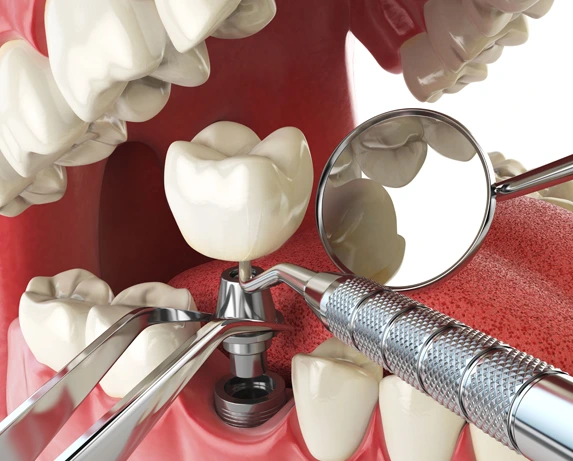How Can I Whiten My Teeth Naturally?
How Can I Whiten My Teeth Naturally? |Emergency Dentist In Flower Mound You may whiten your teeth without using abrasive chemicals that can harm the enamel. Aside from the traditional baking soda, there are a number of natural ways to whiten your teeth. This post will look at some of the natural tooth whitening methods available to patients. What Products Can I Use To Whiten My Teeth? The use of charcoal is a popular method for whitening teeth. Charcoal is a natural remedy made from the carbonization of a variety of poplar or coconut trees, and it’s one of the natural teeth whitening remedies. To reap the benefits of this therapy on the teeth, simply mix a small amount of powdered natural coal into your toothpaste when brushing your teeth. Baking soda is another natural way to whiten your teeth. This substance is, in fact, a natural descaler. To use it, sprinkle baking soda on the toothbrush and gently brush his teeth as you would with ordinary toothpaste. The juice of half a lemon, when mixed with baking soda, increases the brilliance of the teeth. Because baking soda is an abrasive, you can only use it once a week. After 2 to 3 months of treatment, the results are obvious. What Other Natural Options Can I Use To Whiten My Smile? Brushing teeth with crushed strawberries is a terrific way to whiten your teeth naturally and rapidly, yet it’s less well-known than baking or activated charcoal. The bleaching is caused by the fruit’s acidity, which works as a moderate bleaching agent. Crush one or two ripe strawberries, soak the toothbrush in the mixture, and brush as if it were regular toothpaste. Coconut oil used in mouthwashes for a few minutes provides numerous benefits for oral health in addition to naturally whitening teeth. The substance aids in the prevention of plaque buildup and gum disease. Are There At-Home Teeth Whitening Recipes? While there are a variety of recipes that exist online, one recipe that you can pursue at home is as followed: In a bowl: Mix 1 tablespoon of dried & crushed orange peel 1 teaspoon of baking soda 5 drops of lemon essential oil 1 teaspoon of dried and crushed sage 1 teaspoon of fine salt 1 drop of peppermint essential oil Mix everything up until you get a toothpaste Questions? Contact our Dallas-Fort Worth, TX Dentists Today! If you have any additional questions about home tips or would like to schedule an appointment with Dr. Kalpesh Patel & Dr. Yousif Bolus for a teeth whitening consultation, please don’t hesitate to contact Active Dental Flower Mound today! Our friendly staff would be delighted to help you. Share Facebook Twitter Instagram






